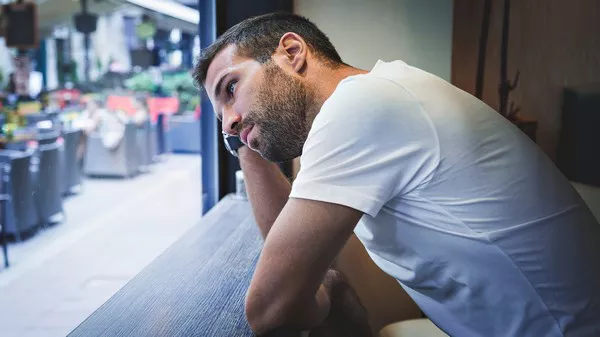Nigeria is grappling with a significant mental health treatment gap, estimated at around 90%, according to Dr. Tunde Ojo, the National Coordinator of the National Mental Health Programme at the Federal Ministry of Health. Ojo made this revelation during a press briefing in commemoration of the 2023 World Suicide Prevention Day in Abuja, themed “Creating Hope Through Action.”
World Suicide Prevention Day, observed on September 10 each year, serves to raise awareness about the preventability of suicide.
In his statement, Dr. Ojo acknowledged that Nigeria has made progress in addressing suicide prevention and promoting the mental well-being of its population. Over the past two years, the number of federal neuropsychiatry hospitals in the country has increased from eight to ten.
However, he emphasized that the mental health treatment gap remains a significant challenge. This gap implies that only one out of every ten people in need of mental health services can access them. The limited availability of services and human resources, along with their concentration in urban areas, have contributed to this disparity. Dr. Ojo highlighted the need for a new approach that integrates mental health services into existing programs at the primary healthcare level, making them more accessible to rural populations and reducing stigma.
He also mentioned the forthcoming National Mental Health Act, which will facilitate access to mental health services for Nigerians. The act includes provisions for a suicide prevention strategy, acknowledging that suicide prevention is a collective responsibility.
Dr. Ojo clarified that while the act addresses various aspects of mental health, it does not decriminalize suicide because it remains a criminal offense under the law.
Ameh Abba, Founder and President of the Mandate Health Empowerment Initiative, emphasized the role of Civil Society Organizations (CSOs) in raising awareness and advocating for suicide prevention in Nigeria. He highlighted the importance of increasing access and support for individuals in need, particularly at the grassroots level, through the integration of mental health services.


